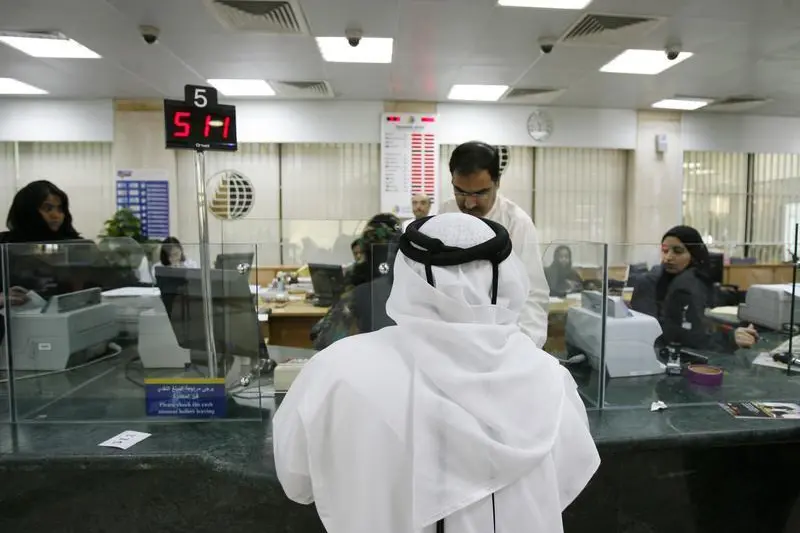PHOTO
With the convenience economy impacting almost every business sector, it was only a matter of time before the banking sector was affected. For expatriate residents and GCC nationals across the Middle East, the transition to open banking could not have come a moment too soon. With Bahrain taking the lead in the introduction of the open banking system, the region is poised to be a hotbed for revolutionary banking regulations.
Described as a connected ecosystem of financial services that allows two or more unaffiliated banks to enrich their digital offerings in a safe and secure manner, open banking is bringing greater financial transparency and new and tailored customer services to the region.
Through the introduction of Application Programming Interfaces (APIs), a set of communication protocols used to develop computer applications, open banking platforms typically offer retail and enterprise clients the freedom to access their data in real time and share account information and transaction history with external parties such as vendors, suppliers, business partners and other banks.
The nature of the technology enables each financial institution to adapt its offering in a manner best suited to its clients. As a result of this digitalisation, which usually takes place in collaboration with third-party financial technology companies, banking becomes more accessible and convenient.
ECOSYSTEM FOR TECHNOLOGICAL TRANSFORMATION
Banks across the Gulf appreciate the need to maintain their leadership role in the financial sector and stay abreast of new developments. Open banking is the next step in a technological transformation that has seen regional banks embrace artificial intelligence through the use of chatbots, wearable technology through smart watch apps, and enhance the user experience with online banking. McKinsey research on urban consumers shows that over 80 per cent of GCC consumers now choose to do a portion of their banking online.
The National Bank of Bahrain (NBB) is among a set of banks leading the trend by adopting technologies that enable it to deliver new open banking services to its customers. A collaboration with Tarabut Gateway, a new specialist fintech and open banking infrastructure provider, will enable NBB clients to connect their account to any other bank operating in Bahrain for an amalgamated view of their finances from within NBBs online and mobile banking apps. The partnership is the first of its kind between an open banking fintech and a major Middle Eastern bank.
LEADING DESTINATION FOR FINTECHS
The launch follows guidelines from Bahraini authorities mandating the adoption of open banking methods across the island by 30 June 2019. The stipulations are in line with Bahrains vision to become the leading destination for fintechs in the Middle East, while reinforcing the Kingdoms role as a pre- eminent centre for financial services. Bahrain was the first country in the GCC to set up a banking system and is now home to over 400 financial institutions, all underpinned by a highly skilled and educated workforce.
With high mobile penetration rates recorded at 228.3 per cent in the UAE in 2017for example, customers now visit bank branches and call customer support service hotlines only to meet specific and more complex needs. That shift to branchless and mobile banking is only likely to intensify going forward, and regional financial institutions are responding with technology-enabled measures to accelerate innovation and boost transparency and efficiency for their customers.
Combined with advancements such as e-wallets, real-time transfers across borders and near-field communications, the deployment of open banking platforms is expected to help regional financial brands catch up with sectors like retail and travel in delivering an enhanced customer experience. The future of the banking industry lies in greater digitisation, with mobile banking, faster payments and open banking APIs becoming the norm than an exceptionand the Gulf is set to lead the way.
WITH HIGH MOBILE PENETRATION RATESRECORDED AT 228.3 PER CENT IN THE UAE IN 2017FOR EXAMPLE, CUSTOMERS NOW VISIT BANK BRANCHES AND CALL CUSTOMER SUPPORT SERVICE HOTLINES ONLY TO MEET SPECIFIC AND MORE COMPLEX NEEDS.
2019 CPI Financial. All rights reserved. Provided by SyndiGate Media Inc. (Syndigate.info).





















